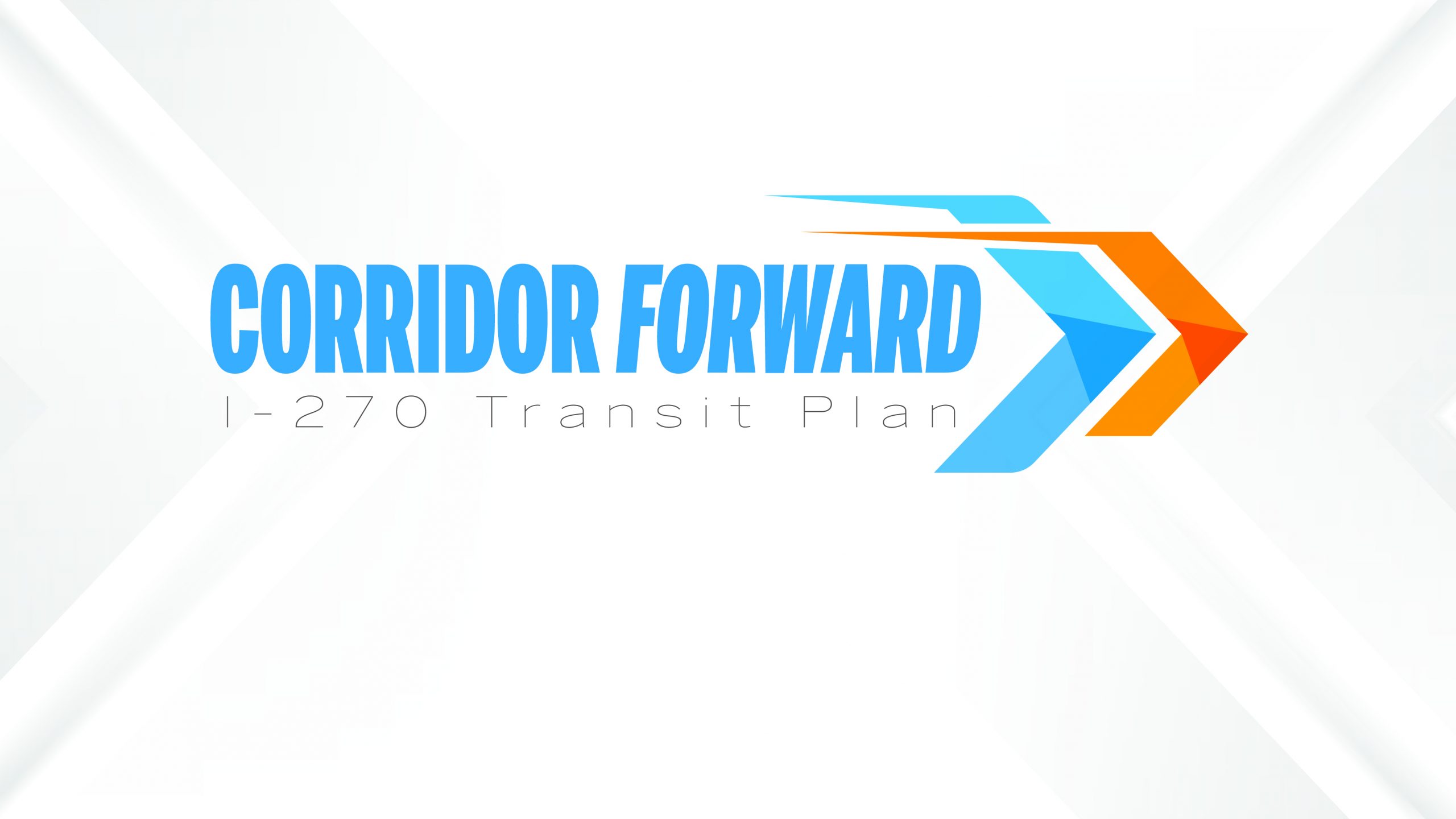
Plan to prioritize transit projects in the I-270 Corridor between Frederick and Tysons for future investment.
SILVER SPRING, MD – The Montgomery County Planning Department, part of The Maryland-National Capital Park and Planning Commission (M-NCPPC), will present the Corridor Forward Plan Scope of Work to the Montgomery County Planning Board at their April 30, 2020 meeting. At the meeting, Planning staff will outline an approach to prioritize transit options that will connect major destinations along the I-270 corridor, which runs through Montgomery County and includes Frederick City in Frederick County, MD and Tysons in Fairfax County, VA.
View the Corridor Forward Plan Scope of Work. Watch the Planning Board Meeting online.
After several decades of growth in employment opportunities and residential development in communities along that corridor, County leaders are calling for sustainable transit opportunities to move people of varying economic means between home and work and back again.
The result is several Montgomery County Council-approved plans that recommend high-quality transit along the I-270 corridor, including Bus Rapid Transit (BRT) service along MD 355, the Corridor Cities Transitway and the North Bethesda Transitway; a third rail for the MARC Brunswick Line; and new MARC stations in White Flint and Shady Grove. This Corridor Forward Plan aims to prioritize transit opportunities to ensure resources are directed to the projects that best satisfy the county’s strategic environmental, equity and economic goals.
In this Corridor Forward Scope of Work, planners will study the following transit opportunities:
- Transit service along I-270, including express bus, BRT, rail and monorail;
- Transit service from Bethesda to Tysons, including a potential extension of the Purple Line, the North Bethesda Transitway, and/or other BRT alignments;
- Transit service serving the Corridor Cities Transitway communities;
- Enhanced transit service along the existing MARC rail line; and
- Extending WMATA’s Red Line.
Planners will also share the plan’s context, purpose, timeline and tasks during the Planning Board briefing. The Corridor Forward Plan will prioritize transit options based on the best of the following values:
- Strategic Connections: Advance transit opportunities that serve high-demand origin and destination pairs, balancing costs of implementation with projected benefits.
- Economic Health: Advance transit opportunities that enable existing development and master-planned communities to realize their potential as livable and economically vibrant places.
- Community Equity: Advance transit opportunities that align with the County’s social equity goals and principles.
- Environmental Resilience: Advance transit opportunities that operate sustainably and reduce negative environmental impacts.
The plan will involve community engagement and a detailed evaluation of potential projects, resulting in a prioritized list of transit projects that could be funded by toll revenue from Maryland’s I-495 and I-270 Managed Lanes project or other sources.
For more information, contact Patrick Reed, Corridor Forward Plan project manager, at 301-495-4538 or patrick.reed@montgomeryplanning.org.
Stay informed and subscribe to the Corridor Forward: The I-270 Transit Plan eLetter.